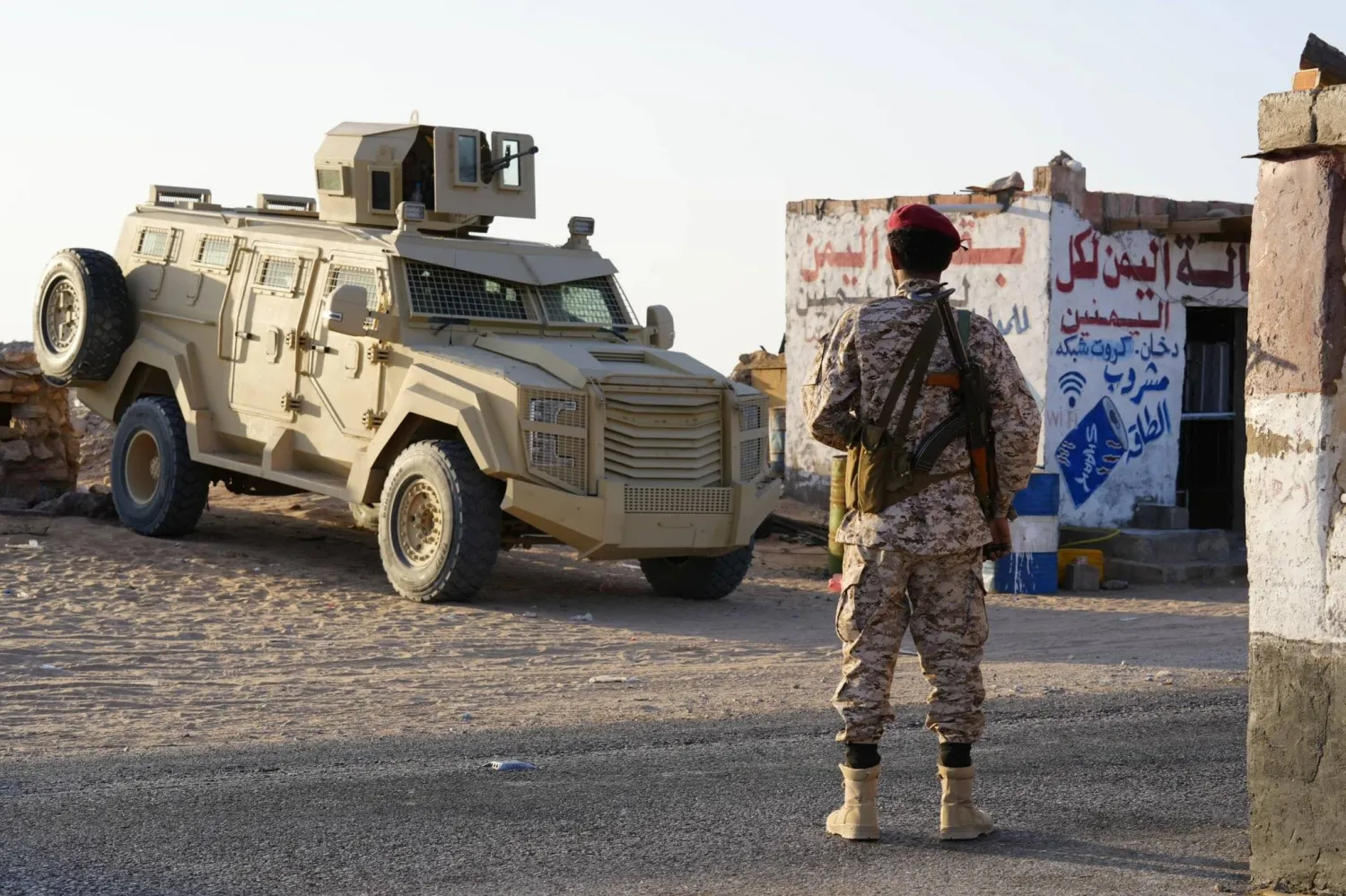Yemen’s Minister of Fish Wealth Fahd Kafayen warned that a marine environment disaster was imminent in the Red Sea over the continued erosion of the Safer floating oil storage and offloading vessel that is moored north of Hodeidah city.
He told Asharq Al-Awsat that the disaster was looming after the corrosion of the floating tank, which holds nearly a million barrels of crude oil.
He said that leak would lead to a marine disaster that would stretch across vast areas of Yemen’s Red Sea coast and reach neighboring regions. It will lead to massive destruction in marine life and the spill would be difficult to contain.
Its impact will last for several years, he warned.
The Safer is laden with some 1.1 million barrels of crude oil and has been stranded with no maintenance since early 2015, soon after the Iran-backed Houthi militias staged their coup in Yemen, leaving it to deteriorate and potentially allowing explosive gases to build up.
Kafayen urged the international community to immediately intervene and force the Houthis to allow experts to urgently resolve the problem before it gets even worse.
British Ambassador to Yemen Michael Aron echoed the plea, urging the militants to allow United Nations experts to access the tanker and assess the situation.
The experts should be allowed to prepare a report on the best ways to handle the problem, he told Asharq Al-Awsat.
The United Nations has warned that if the Safer ruptures, it could block maritime trade through the Red Sea, which accounts for up to 10 percent of world trade.
It could also threaten the daily passage of some 5.5 million barrels of oil, contaminate drinking water and damage the marine environment across the Red Sea, the Gulf of Aden and parts of Gulf waters.
The tanker holds a capacity of 3.5 million barrels. The Safer company used to perform regular maintenance on the vessel until the Houthis seized control of Hodeidah and prevented them from accessing it.
Some 176 workers used to operate the floating platform, but now there are only four.
According to information obtained by Asharq Al-Awsat, Safer was listed put up for auction by Japan in 1986. It was considered the world’s second largest vessel as the time. The Hunt Oil Company purchased it and turned it into a floating platform near Ras Issa in Hodeidah.
Yemen’s Information Minister Moammar al-Eryani had previously cited technical reports that warned that a leak would spill 138 million liters of oil in the Red Sea, which would be four times worse than the 1989 Exxon Valdez oil spill in Alaskan waters.









